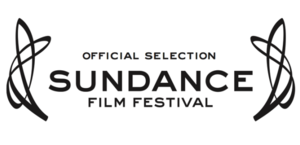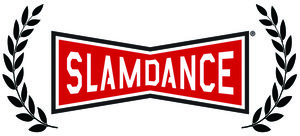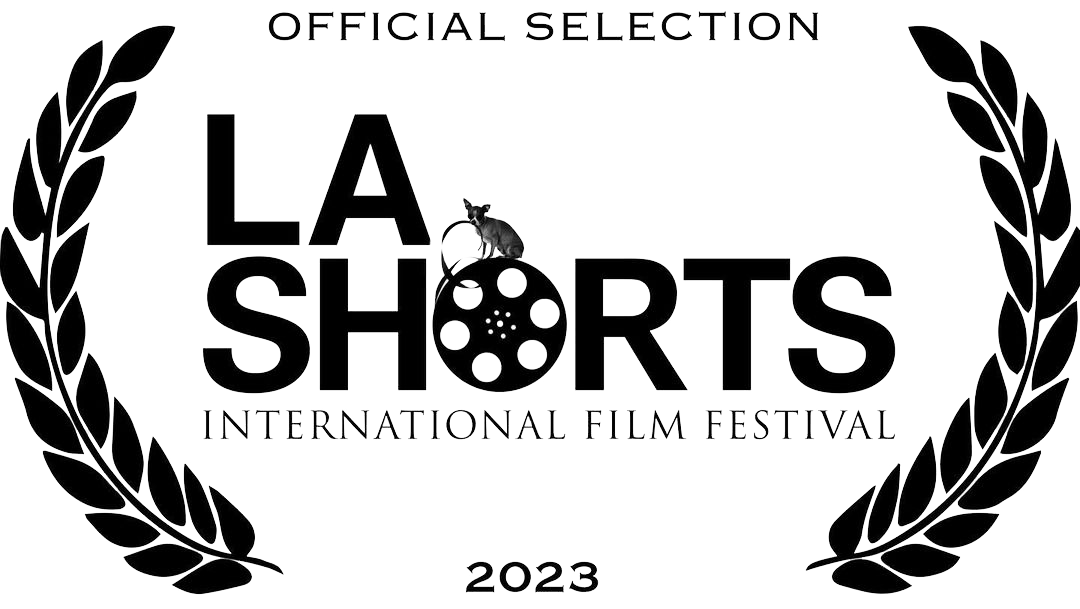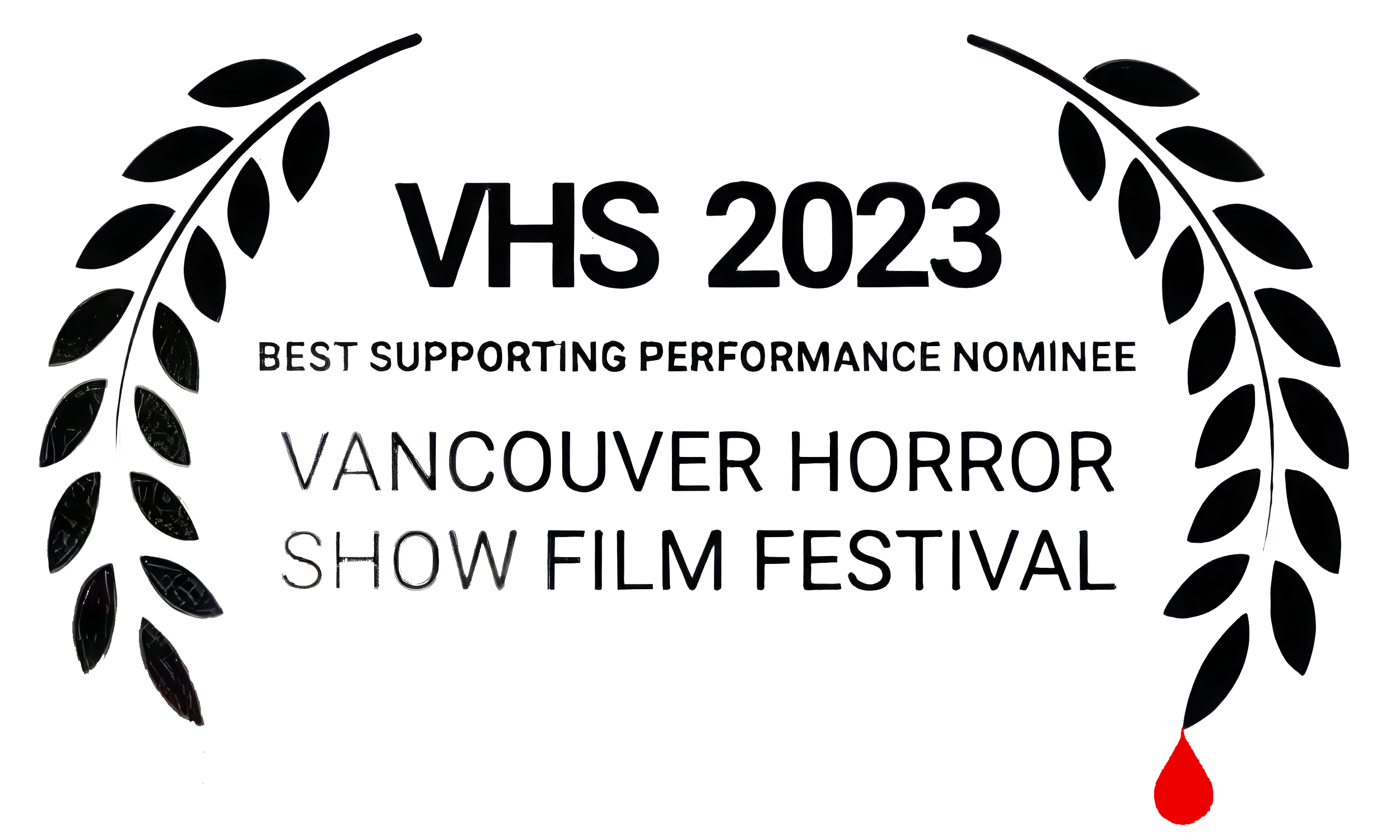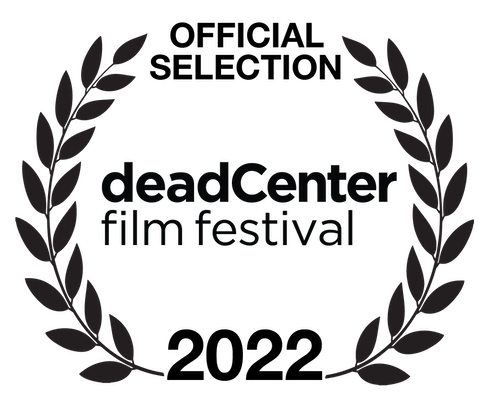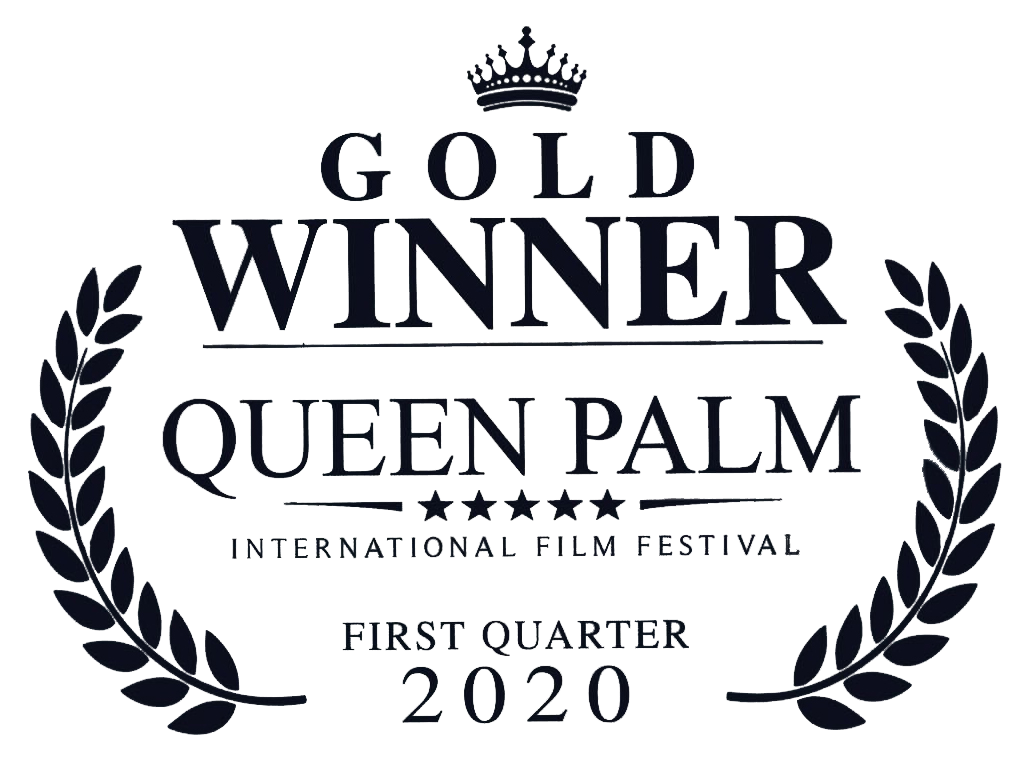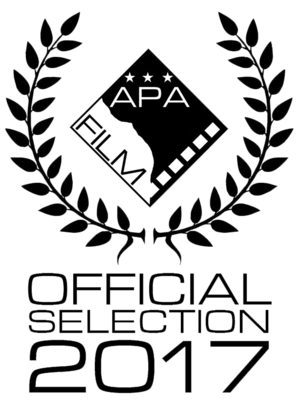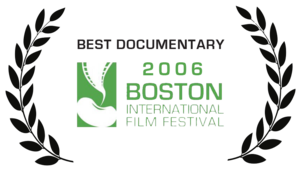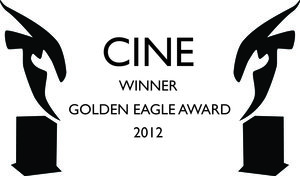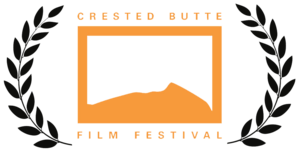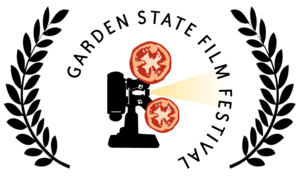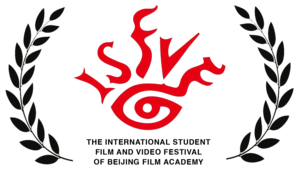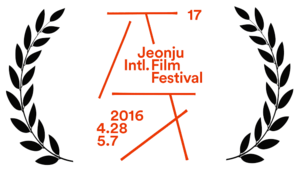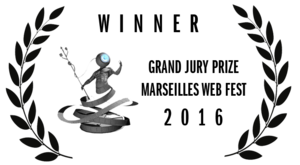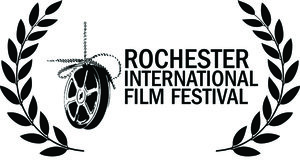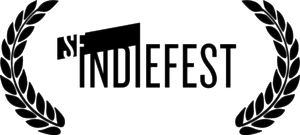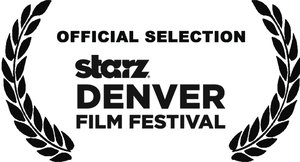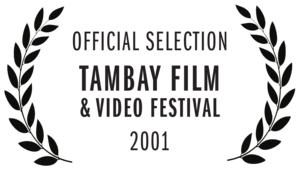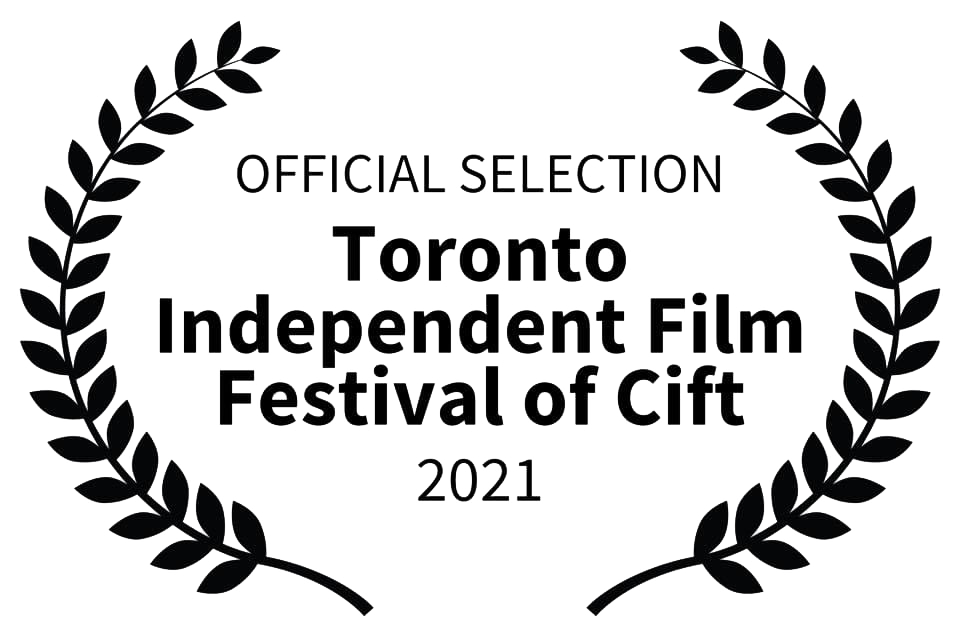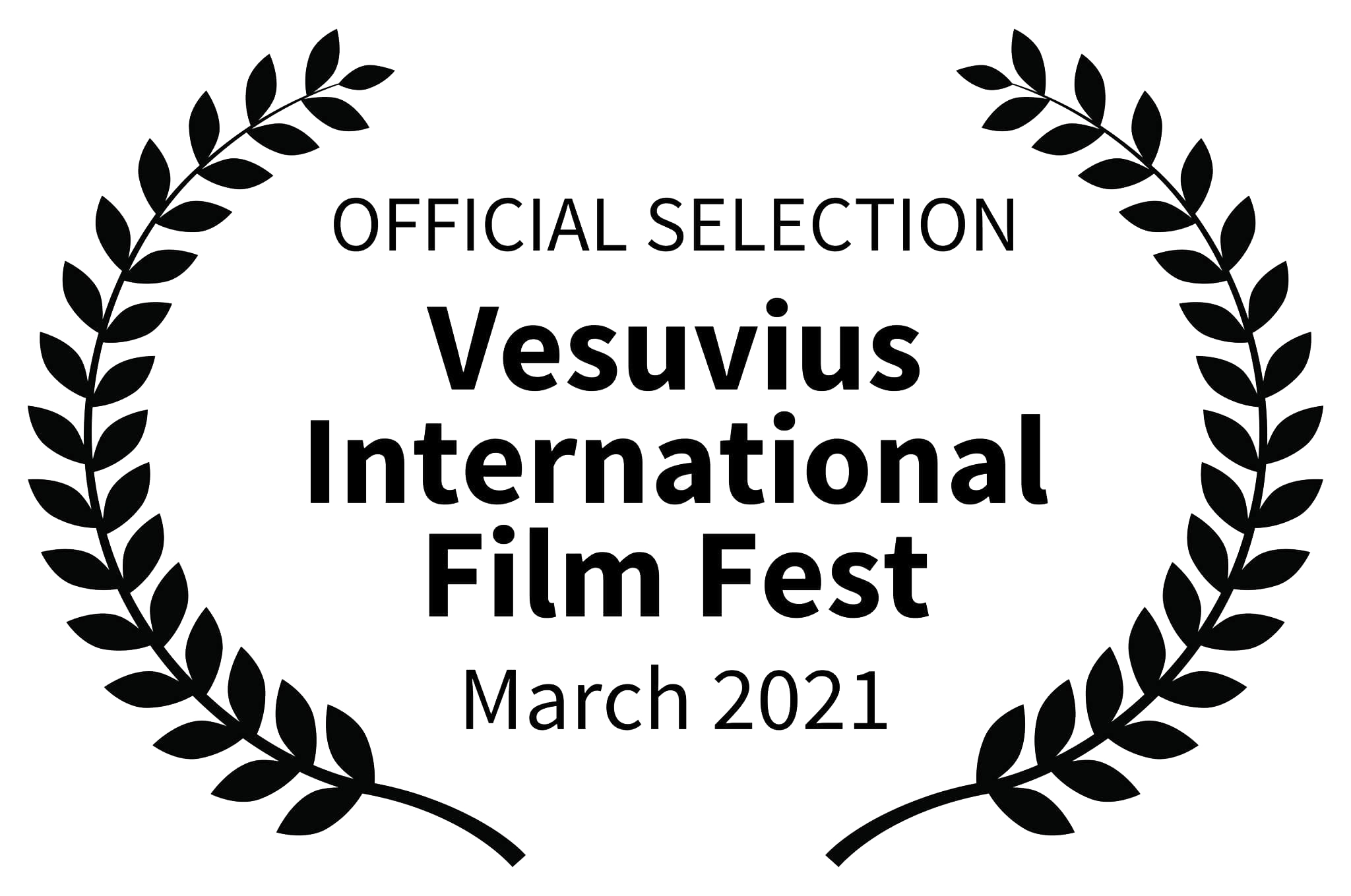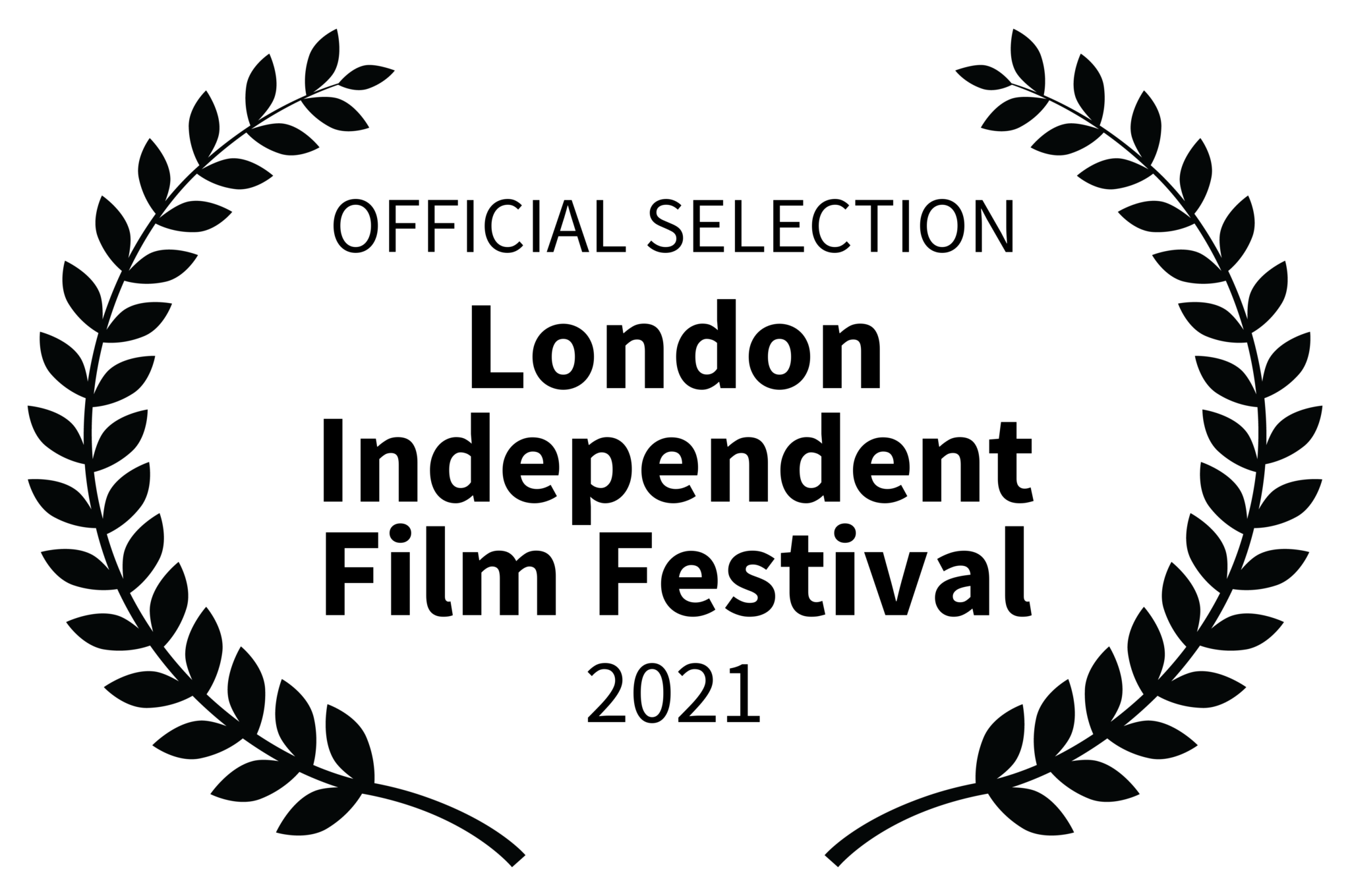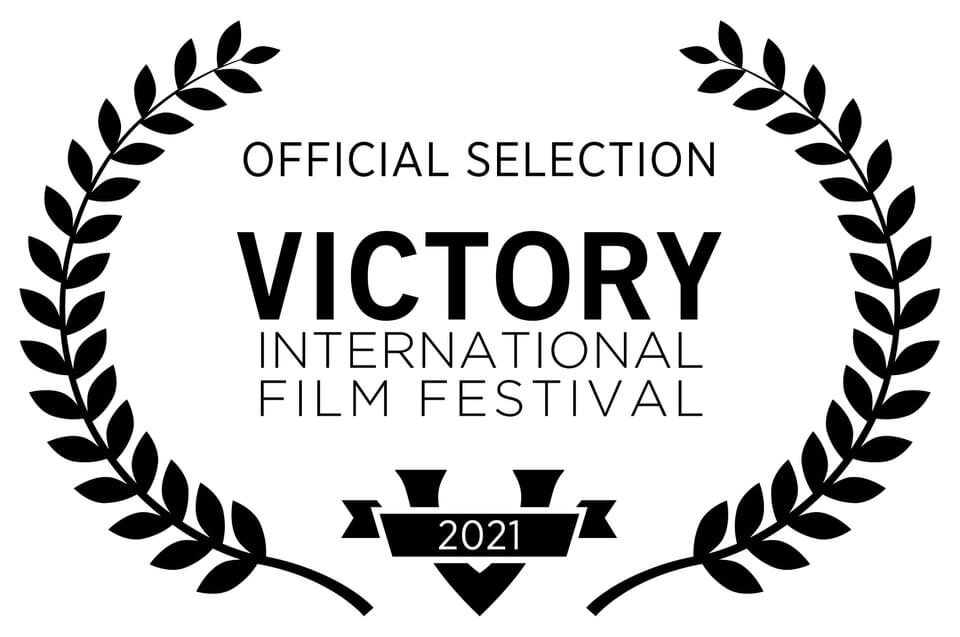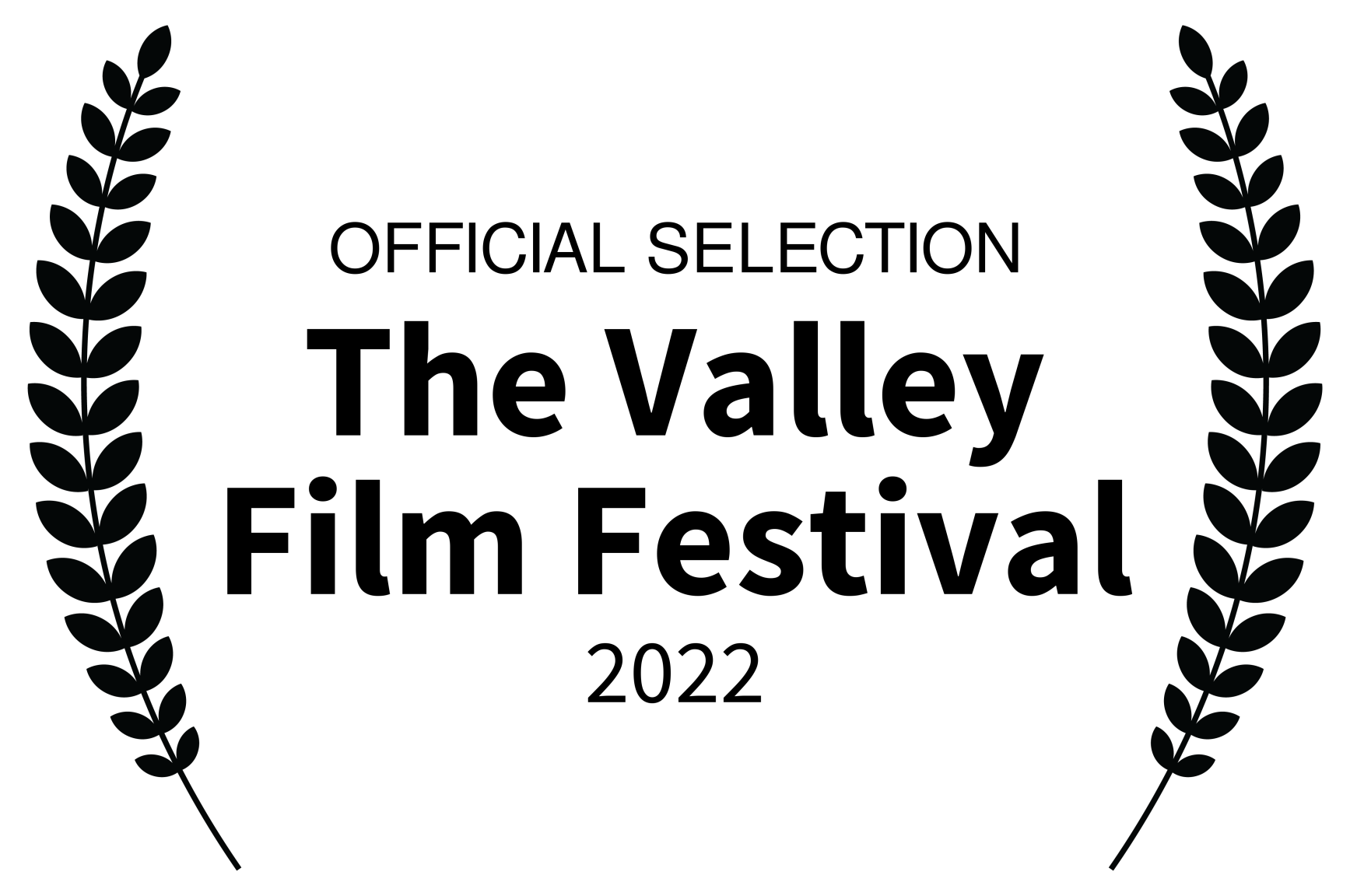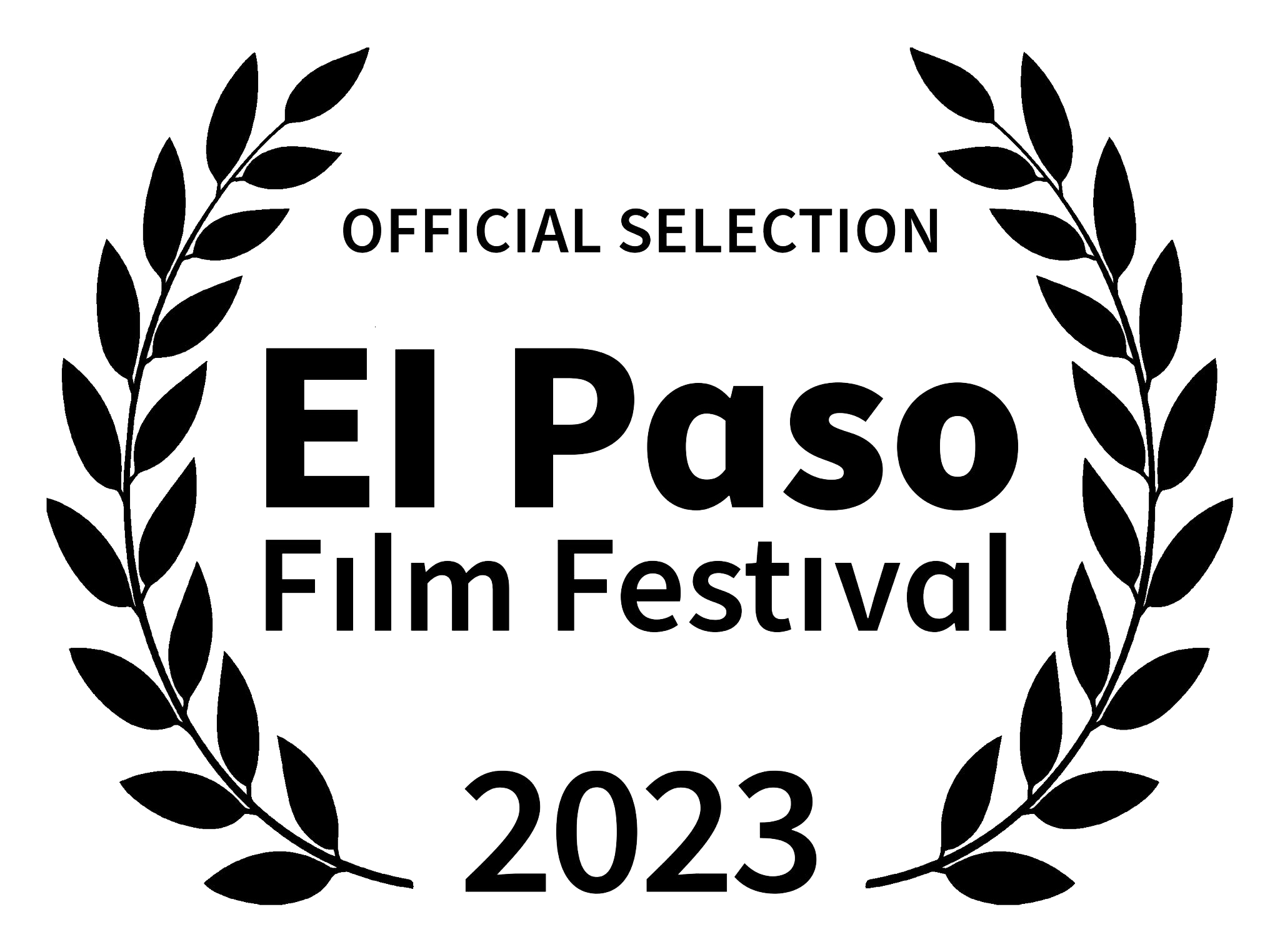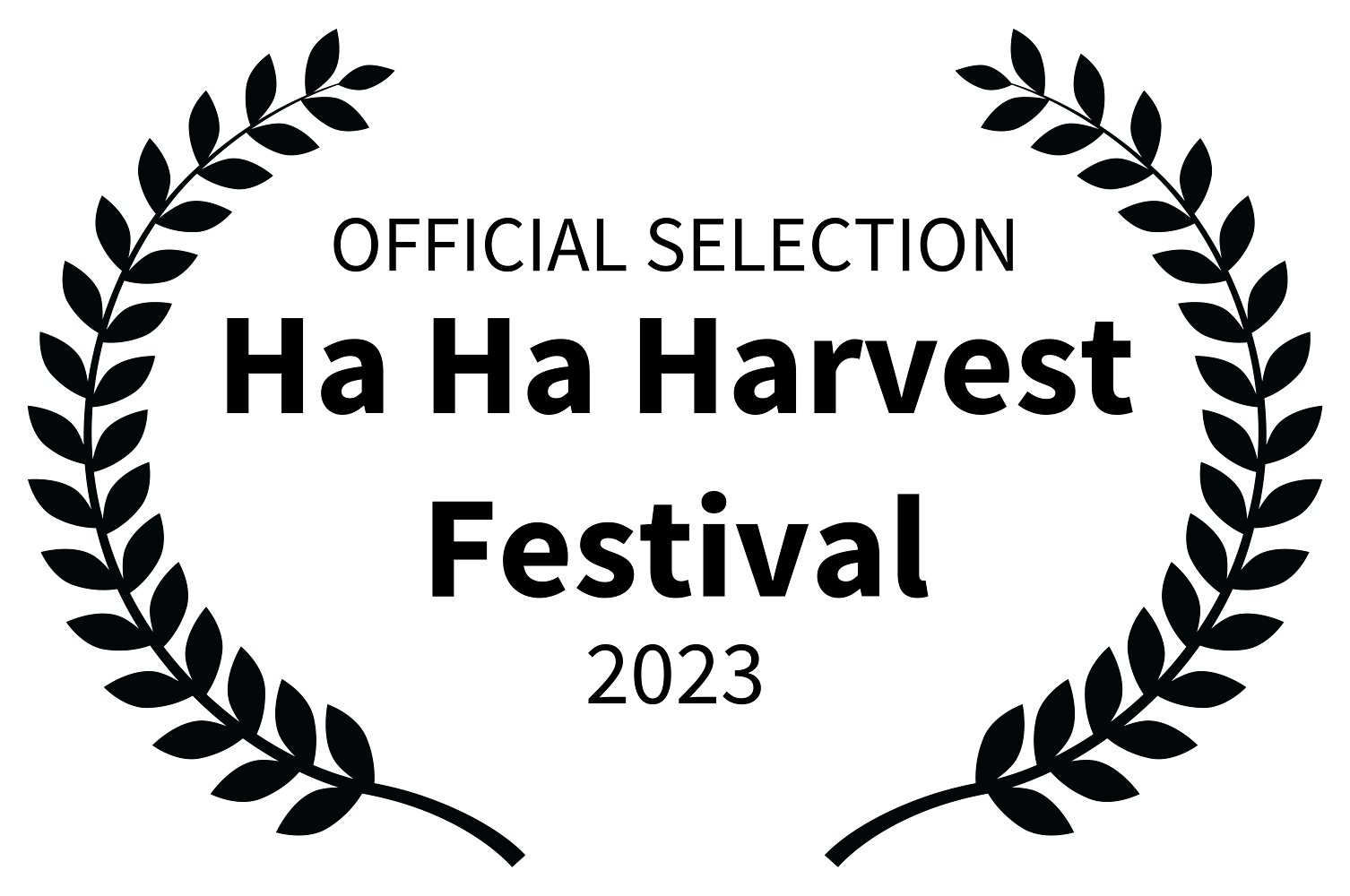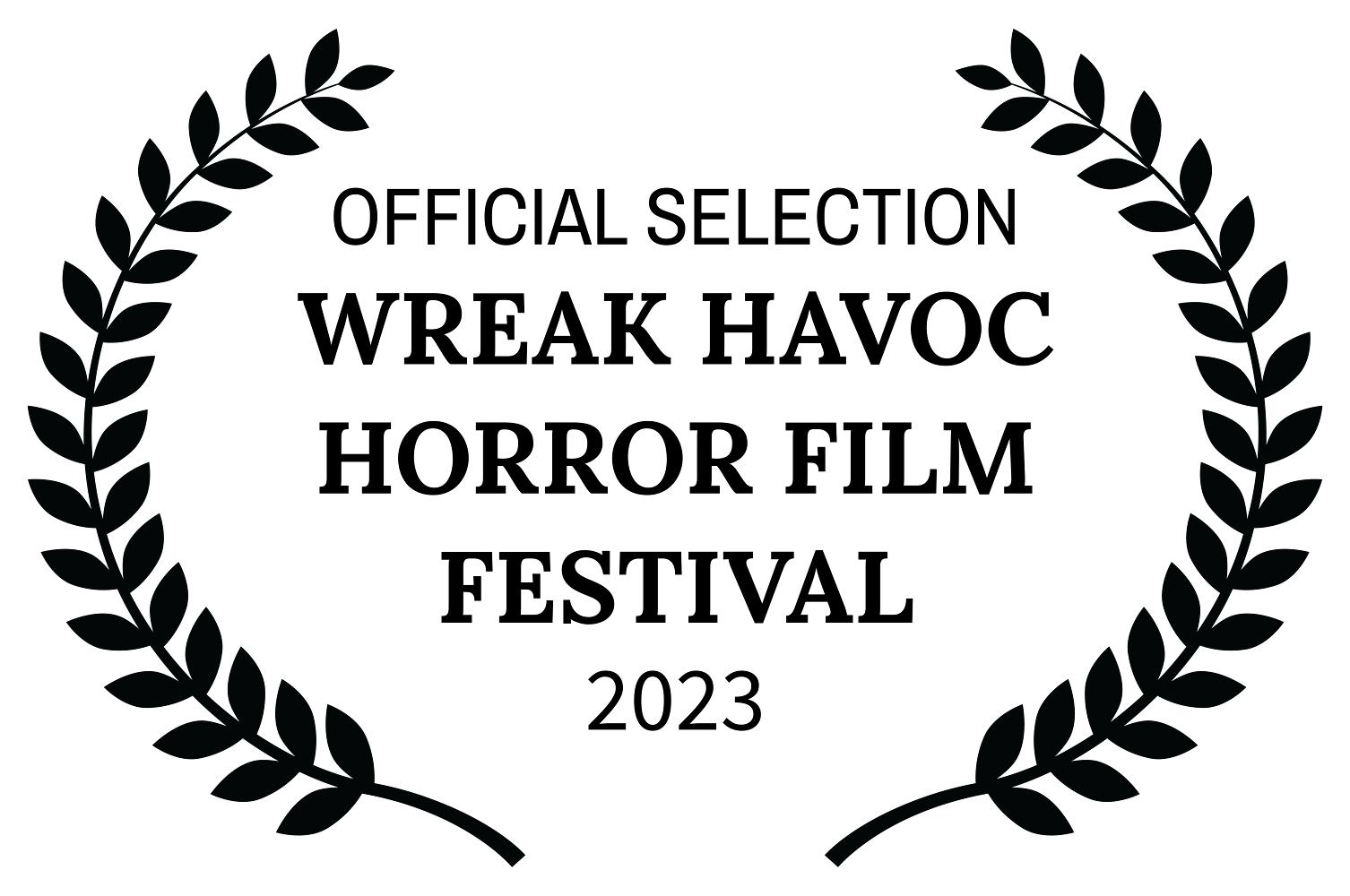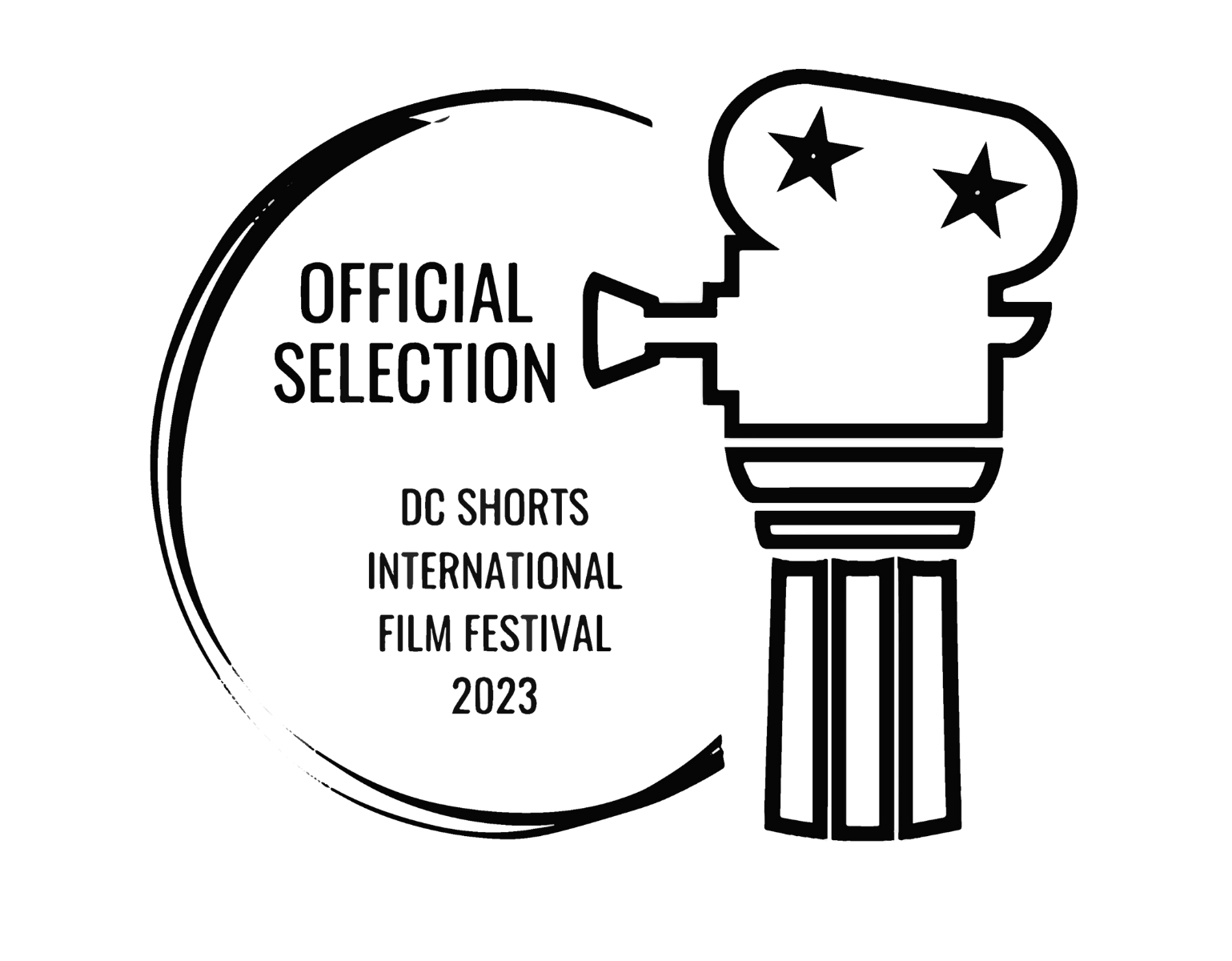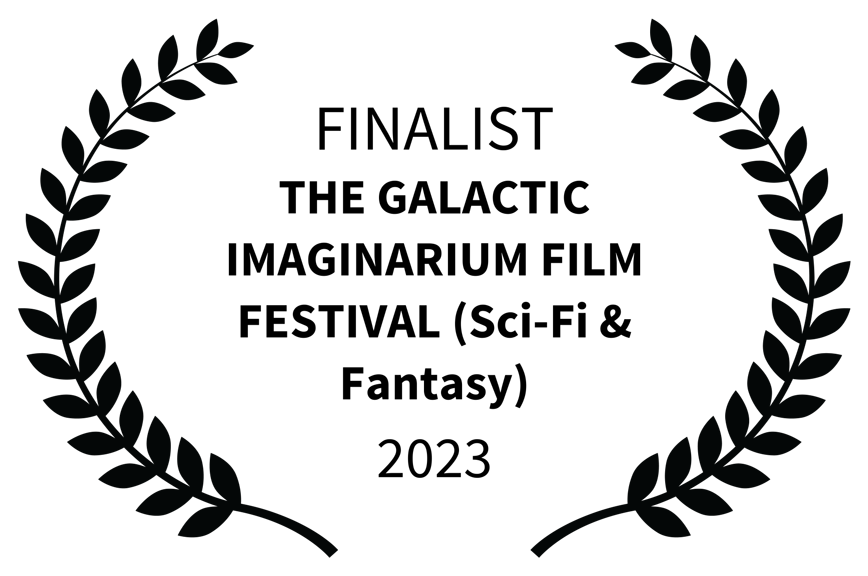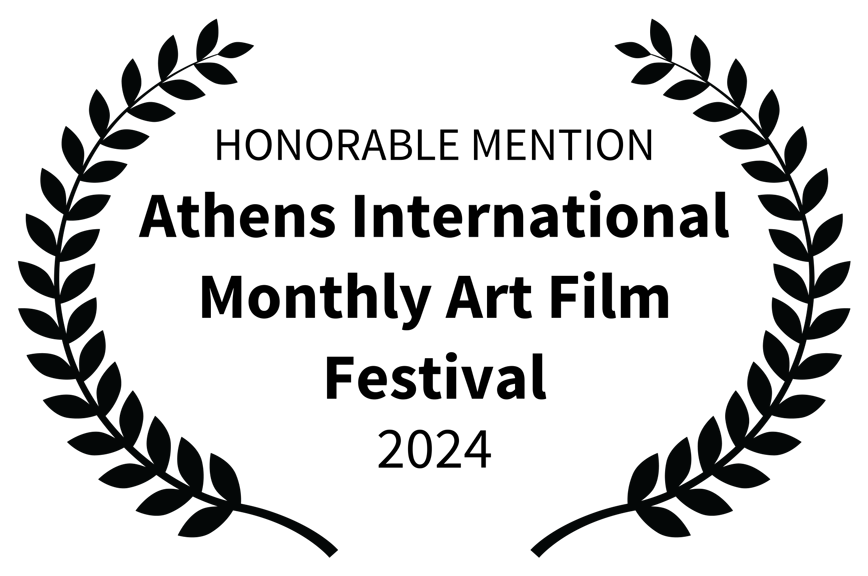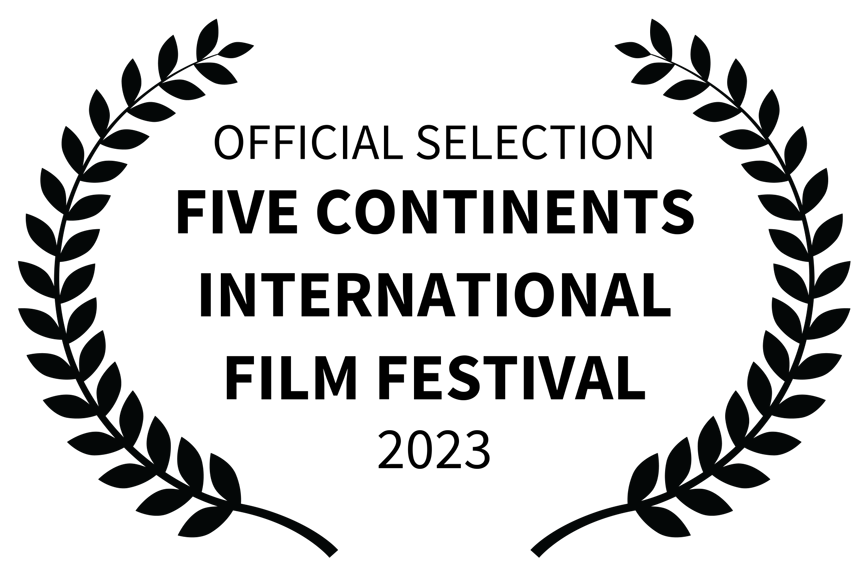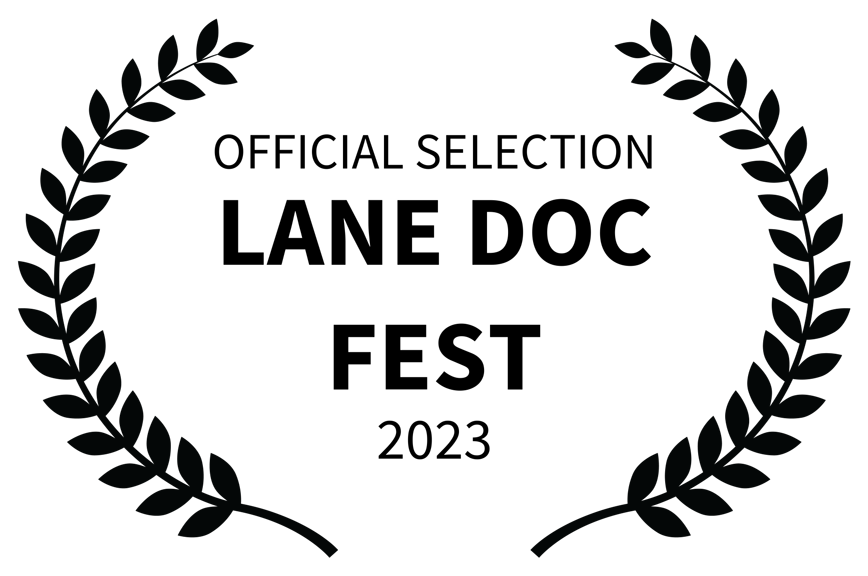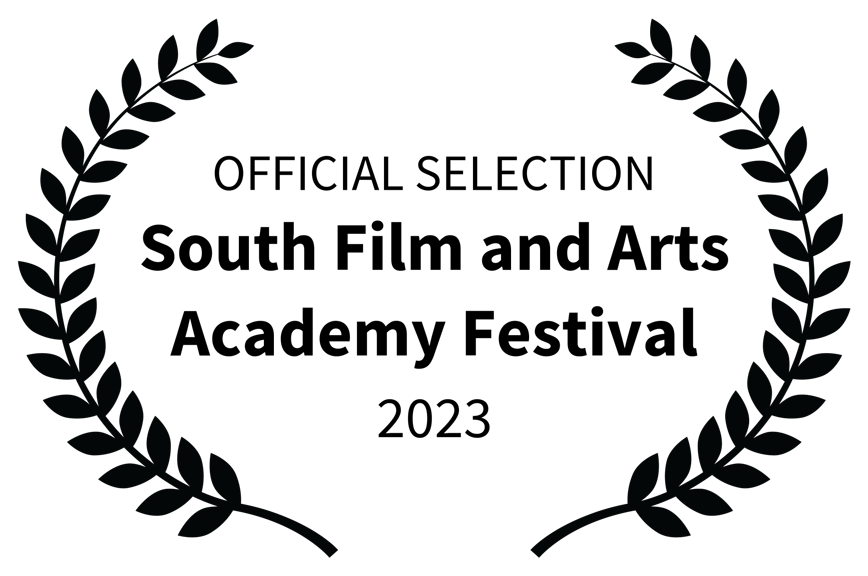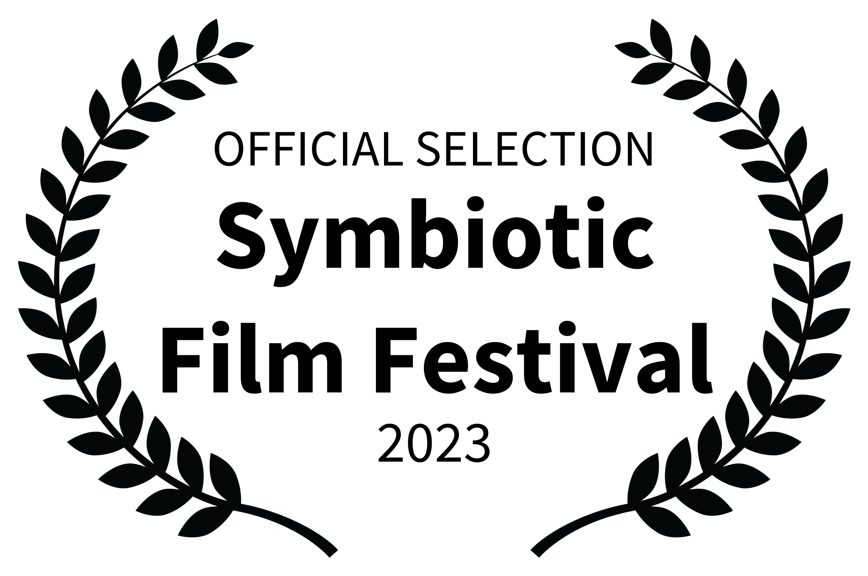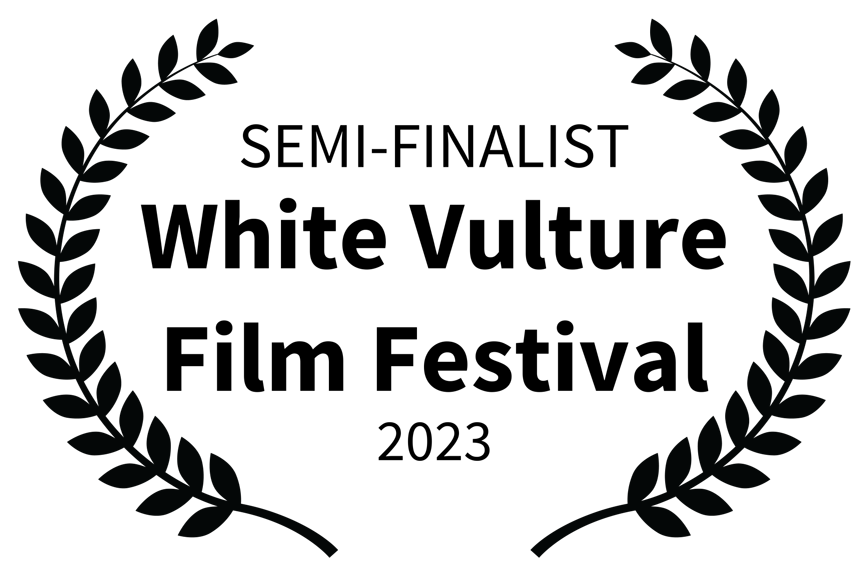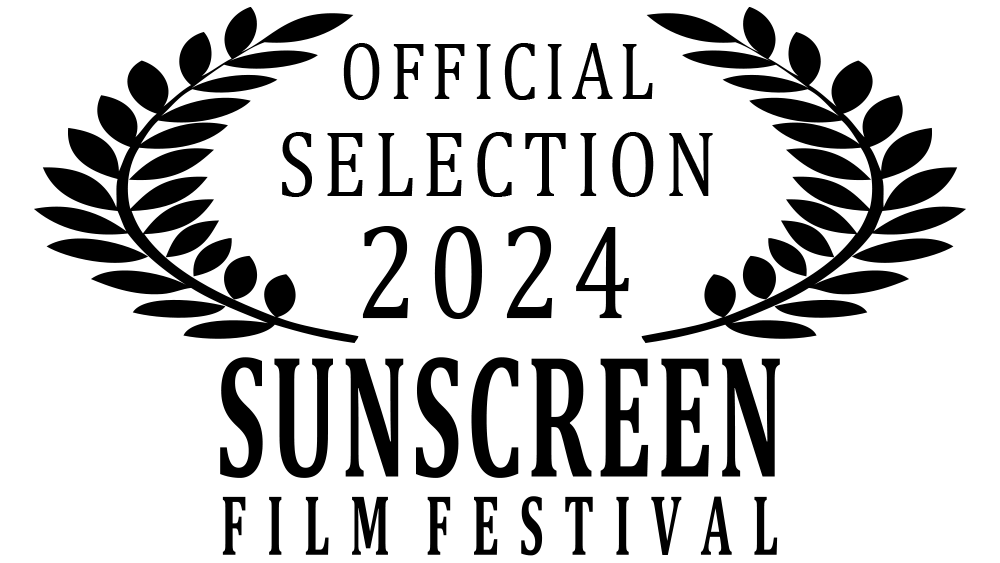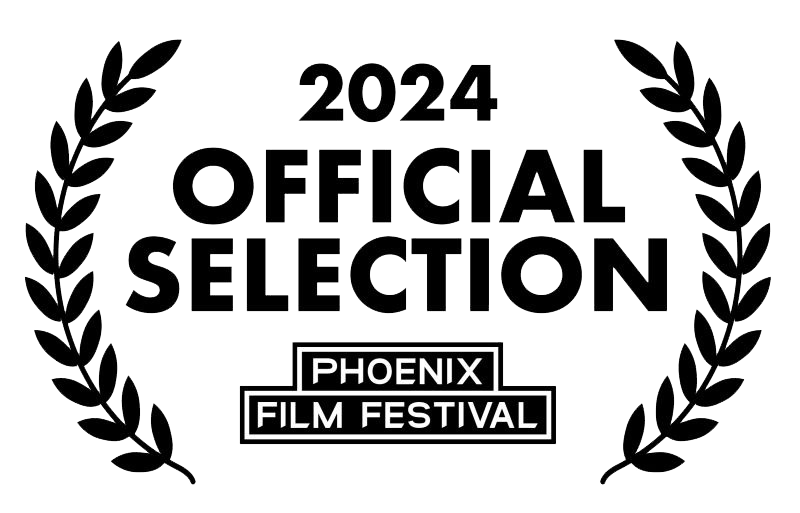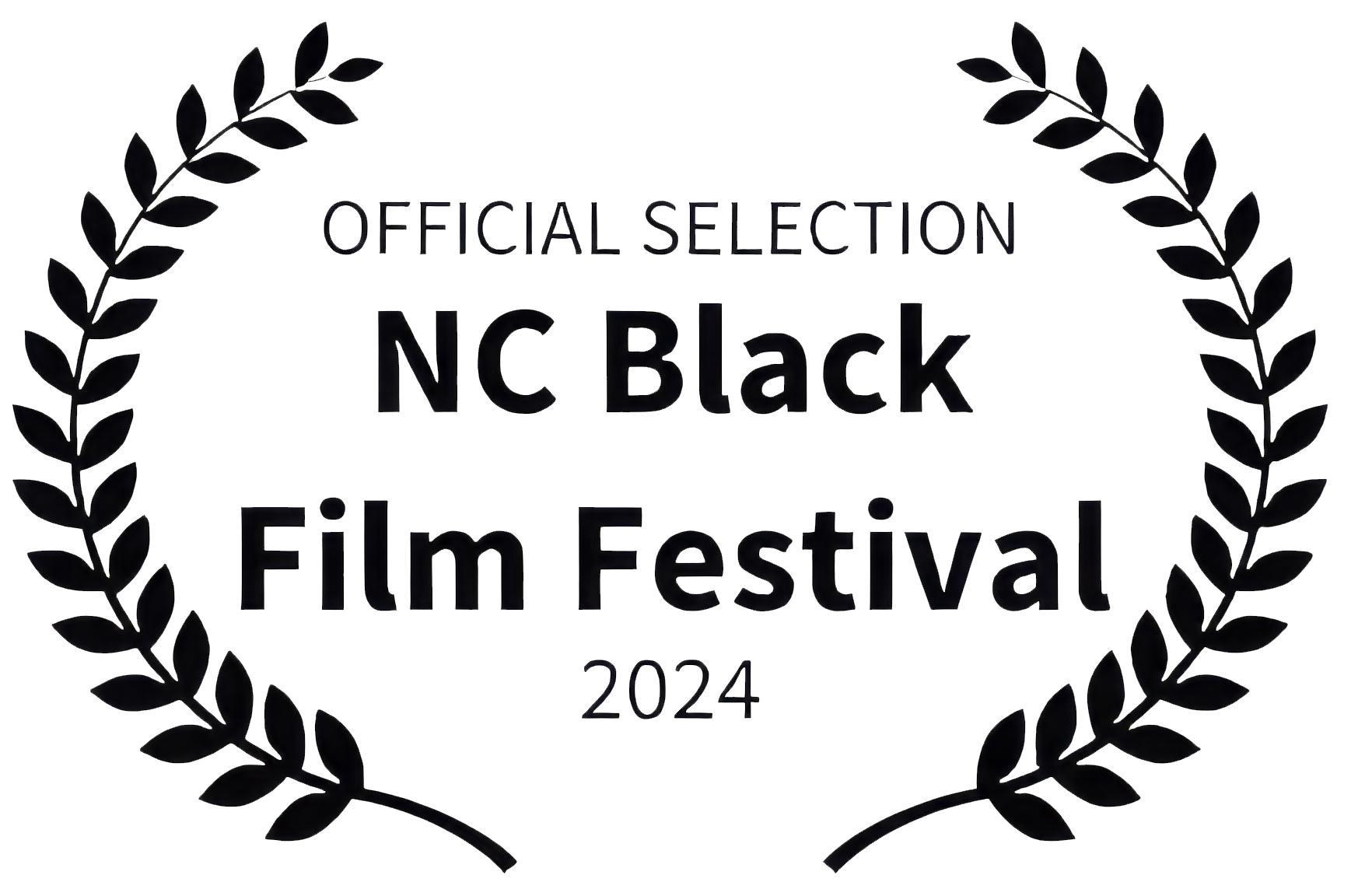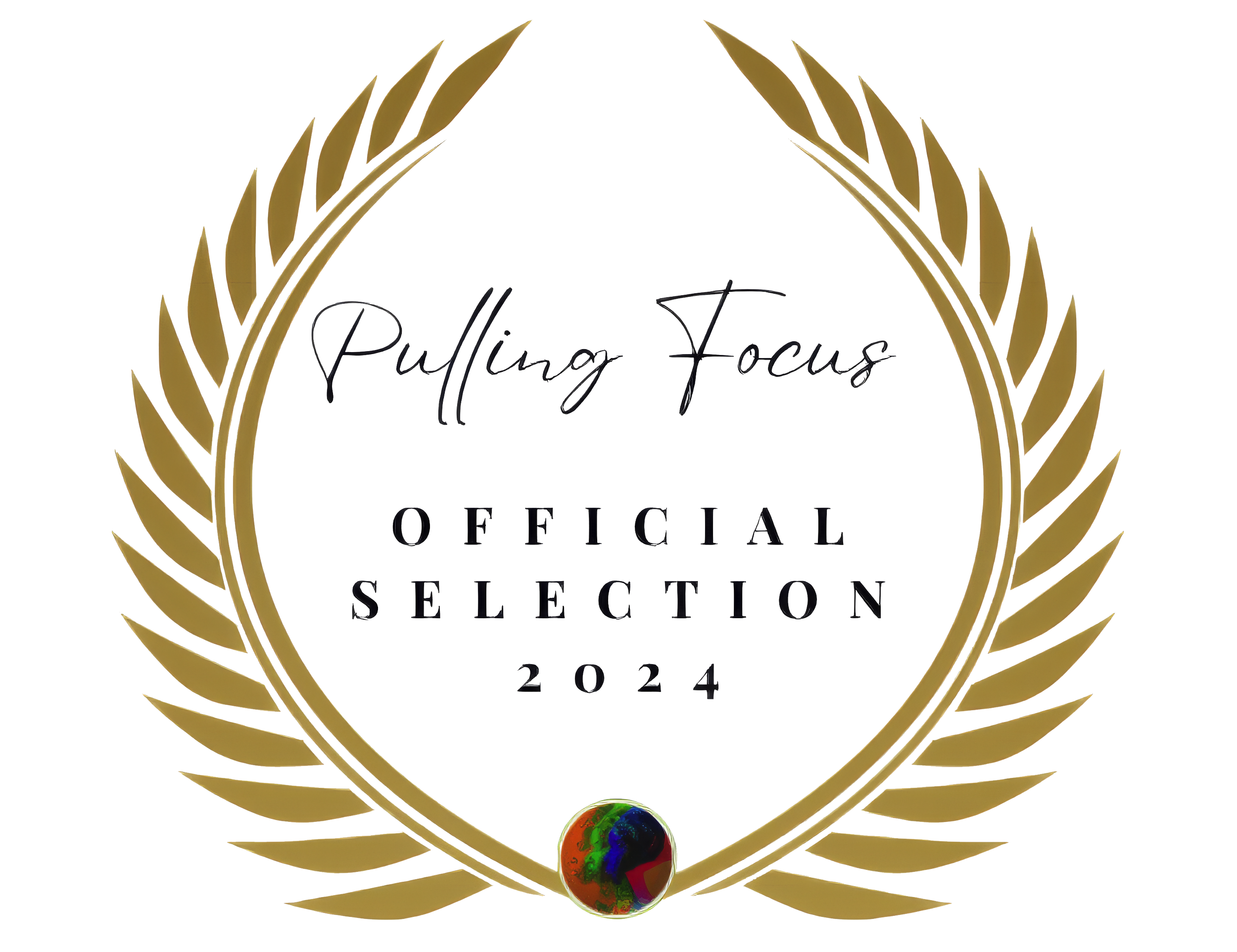Surviving the Crunch
/If you do this thing for a while, here’s what’s eventually going to happen. You stumble into your studio early one morning and there’s a Hard Truth smirking back at you from the computer display:
There is not enough time to do everything.
Stealthy beads of flop-sweat reconnoiter your forehead, scouting the terrain for a full-scale assault later in the afternoon. Your fingers go a little numb. You remember to breathe—deeply, slowly, methodically—but it’s too late to do anything but call the production company and beg for mercy.
Don’t say you weren’t warned. If you’re lucky enough to have a gig, chances are you know this feeling already.
Welcome to Crunch Time… a.k.a. Standard Operating Procedure in the wild and wonderful world of 21st-century filmmaking, where it’s always a rush job and always a panic.
Executives these days are in the habit of doing to composers the same thing they do to everyone else on the filmmaking team—namely, pushing them to their physical and psychological breaking point in order to minimize production time and costs. It’s simply good business for them. If we drop dead of a heart attack, the only real downside for them is the hour or so it takes to find a replacement.
As a result our professional lives are less fun, but more importantly: we’re left with zero room for error.
So here are some things you can do now, today, to survive the crunch. I learned almost all of these myself the hard way, and have returned to tell the tale. Learn from my mistakes, and when crunch time hits…
Don’t go changing.
This is cliché-obvious… but people do it all the time. Upgrading operating systems, adding that latest must-have piece of gear, experimenting with a new template or new way of delivering your materials… it’s a seductive thing, because these are all important. We all feel the pressure to stay current with our studio equipment—but there’s a time and place. If you’re lucky enough to have constant work, the best way to reconcile this is to have a “B” rig up and running, where you (or better yet, your assistant) can add things, change them around, encounter and solve problems in a non-mission-critical setting.
Once you’ve figured out how to make your new goodies run properly on the “B” rig, then and only then should they make their way into your main workstation. Sounds like a pain in the rear—but it’s nothing compared to the pain you’ll feel if your system fails catastrophically on the morning of final music delivery.
Eliminate the nickel-and-dime stuff.
Not only do those three- and five-minute distractions add up to real time, but they also make it impossible to sustain your attention in exactly the way that’s necessary for you to do your best work. Delegate, postpone, and above all… get used to saying no. Ruthlessly and with a clear conscience. No one will ever care as much about your career as you do. Study the Covey Quadrant System. Memorize that sucker. Apply it to your to-do list before you start each day.
While you’re at it, commit to putting away the e-mail and the Facebook and the Twitter when it’s time to work. Call it “wiring in,” or “lockdown,” or “stealth mode,” or whatever cool name motivates you. There’s a way to do this without being an antisocial jerk—find it, try it, refine it, perfect it.
Back up files as though your professional life depended on it.
Because it does. And use redundant backups—one backup, in one location, is simply not enough. Drive space and blank media is cheap. Your career is priceless. You do the math.
Avoid the wrong shortcuts.
Here’s where knowing your craft is going to save you some time. Everyone wants a secret weapon or two, a set of never-fail shortcuts that will get them through the night with time to spare. Most shortcuts, though, are a sucker bet. Eventually they’re going to get you branded as amateur or sloppy. Let’s approach this one in terms of “dos and don’ts,” and I’ll point out some of the worst offenders along the way.
Don’t abuse the copy/paste function to get through minutes of music. Instead, do get the most out of your compositional material by trying things like varying the texture (register, voicing and/or timbre), and applying all those Comp 101 techniques we all learned: retrograde, diminution and augmentation, et al. In short, manipulate as many variables as you can to maximize the musical material you’ve already created. Copy/paste can be your friend, but only as a starting point.
I get demos from aspiring composers all the time… and one of the things that makes me crazy is when the sender wastes my time by shoving the same 1-bar ostinato down my ear-holes, over and over. No changes. No development. Like a roller-coaster without the hilly parts.
Don’t waste time on tone patrol. Minutes can trickle into hours as you try out sound after sound after inappropriate sound, looking for the perfect kick drum or the just-right glassy pad. Instead, do database your sound libraries in advance by emotion, tone, usefulness… whatever works for you. And build the best stuff into a permanent writing template (with plenty of room in that template to add sounds unique to each new project). Doing all this ahead of time also means you can be much more focused and much pickier about those sounds you allow into your palette on a one-time-only basis.
Don’t abandon your “sequencing hygiene.” Set your default controller values at the start of the sequence, just as you’d do if you weren’t in a crunch. Take the time to create new files and new versions using the same nomenclature and organizational system as always (even if it takes a few seconds longer). Fill in the meter and tempo changes correctly in your sequence—don’t slop your way through ’em to save time. Type in the patch names for any new MIDI tracks. In short, do adhere to all the good, hygienic sequencing habits you already possess. If you have to do revisions later, this can make the difference between an annoyance and a crisis. By the way, setting these sequences up (or having an assistant set them up!) ahead of time is a very good idea. Not always possible, but a huge time-saver.
Don’t skimp on the post-compositional details just because you’re in a time crunch, either. Instead, do factor in the time it’s going to take to log your cues, back up your work (see above), prep the delivery in a professional manner and do any other peripheral tasks you might be tempted to let slide. Unless you’re in a position to delegate these responsibilities, you may have even less writing time than you think. Sloppy delivery materials signify to the recipient that you don’t value your own work. Simple.
Don’t rush. I find that I get more composed, more quickly, by forcing myself to go slowly, especially at the outset of a long writing stretch. Do think each action through. Let the natural rhythm of your sequencing and thinking and playing assert itself. The speed will develop on its own. Only by staying relaxed can you achieve anything approaching Jedi speed at the sequencer. Watch a great jazz pianist—look at his or her hands. See how comfortable they are? Same principle.
Don’t skip the ear-breaks. At least once an hour, do get up and stretch a bit. Walk away from the rig, even if it’s just for two or three minutes. Hydrate. Take a few deep breaths. Just stay away from the Facebook… or anything else that might break the flow. This built-in break time is not for working on other things! It’s for re-focusing and re-energizing and re-acquiring some sense of objectivity about what you’re doing.
Speaking of skipping things… don’t skip meals. Food is fuel. So do hydrate, eat properly (stocking the fridge with healthy snacks ahead of time is extremely smart), in small portions and at a reasonable pace. Just like your mom told you.
Don’t start writing cues without a road map. This one is huge. It’s tempting to panic a bit during Crunch Time… bringing up the template and playing in a bunch of notes just to stay a step ahead of the ticking clock. That’s not composing—it’s wishful thinking, pouring out of your fingertips. It’s the compositional version of a lottery ticket, with about the same odds of success.
It feels proactive and dynamic—hey, I’m launching into this thing like a rocket ship! I’m gonna rip this score out in no time!—but hard-earned experience allows me to tell you this: You will spend more time ripping out musical ideas that don’t work in the larger context of the score (or even of a single cue, if it’s a long-ish one).
Instead, do invest time at the outset of the project to define the arc of the score in your mind, and the individual arcs of each cue within the score. Re-visit your spotting notes. Observe the editing rhythm. In short, create your road map. Then the ideas that occur to you to write will be contextualized… predicated upon your best understanding of the narrative you are trying to enhance. Anything else is just shooting arrows randomly into the forest.
One last one: Don’t switch “hats.” Instead, do complete all the writing you have to do for the session, then all the sequencing (if, as most of us do nowadays, you write at the sequencer, these will of course be a single step… but for some pencil-and-paper folks even these can be made separate), then all the recording, then all the mixing, then all the outputs and layback. Don’t jump around. You’ll be more efficient, more focused, and develop a faster pace by sticking to one phase of the process at a time. If you’re not in Crunch Time, it may be more fun to flit around as you write, but I’d discourage it even then—you’re reinforcing sub-optimal work habits. Task switching comes at the cost of diminished focus and lowered efficiency. Minimize it.
What you want to create with all of these do’s and don’ts is a habitual calmness. A routine that will not only maximize your productivity, but will shield you against panic. Think Jason Bourne… the crazier the situation gets, the calmer and more methodical he becomes.
Know what to Expect
Once you’ve done a few of these, you’ll know the shape of the battle. Till then, here are some of the things that initially caught me by surprise along the way:
Expect to spend up to half of your composing time working out the transitions. You’ll be cranking along for eight, maybe sixteen bars with everything working fine… knowing there’s a tonal shift (or a dramatically important cut, or some other sort of change) coming up soon. You know what you’re going to write in the next section, too—but getting between the two is tough! Making the score sound inevitable, smooth and unobtrusive in these transitional moments is one of the toughest things we have to do. Doing it well simply takes time. The takeaway here: don’t panic if you spend a lot of time getting these transitional moments right. It’s worth it—they’re inevitably the ones that get flagged with notes from the filmmakers if we fake our way through ’em. Which, of course, makes it a net time winner to get ’em done properly the first time.
Save, save, save… and still expect to lose some work. When we’re under a tight deadline we tend to run our machines harder than usual. Finicky beasts that they are, they tend to pick just these moments to get all crashy. Get in the habit of saving your work every few keystrokes. The habitual nature of that motion is the important part—when your concentration is focused on the writing and sequencing, saving regularly is one of those things that will slip your mind. Making it an unconscious habit gives you at least a chance of escaping with most of your data intact. And when your system does crash? I recommend looking at it as a challenge—looking at it as an opportunity to write something even better in place of what was lost. (Note: many, if not most, DAWs today have autosave. My advice: save manually anyway. You never know.)
Expect sleep deprivation to decrease your efficiency. It’s biologically inevitable. Your brain will fuzz out as those hours tick by. Your physical reaction time will slow. You’ll find yourself looking at the screen and not really knowing how long you’ve been sitting there, looking at the screen. Find a strategy—different people have different favorites here; I’d love to hear thoughts on this one in the comments!—and simply know you’re going to have to implement it. See “Respect Yourself,” below—and take it from me that no gig is worth compromising your health. If you’re at that point, you’ve either signed on for something beyond your capacity, or you’ve failed to plan properly. Either way, my advice at that point is to give up, beg for mercy, and live to write another day. I hope that this article begins a thought process for you (especially if you’re just starting out in this biz!) that prevents that scenario from ever coming to pass.
Finally, after all this gloom and doom, here’s a happy expectation to round out this section: Expect the last cue you write to get finished much faster than the first cue, note-for-note. Biological limitations aside, you will naturally pick up incredible speed as the project goes along—mostly because you’re becoming more familiar with how this score “goes” as you write. If you’ve already mapped out the territory (see above), a part of your brain will be thinking ahead, figuring things out subconsciously, laying the groundwork to make the last few cues fall into place naturally… perhaps even inevitably. If you’ve managed it right, you’ll be flying along at a superhuman pace as the work comes to its end. And the best part? The longer the project, the greater this effect becomes. Toward the end of a feature-length picture I find myself writing up to ten minutes a day… that’s how comfortable I’ve become in the world of that score.
Stock up in advance.
Buy ink cartridges, copy paper, etc. on a one-ahead basis. Simple, but so easily to skip when the moment arrives. No excuses or sympathy for botching this one.
Give your loved ones some lead time.
Sometimes this is impossible—a last-minute gig comes blazing into the studio—but if we’re honest we can usually see these crises coming. Let the people in your life know, and do it as soon as you can. It’s easier for people to accept what they’ve been prepared for in advance.
Respect Yourself.
If you put yourself in the hospital—and I mean that literally; I’ve seen it happen—in order to deliver a score in half your “normal time,” the only thing that will happen as a result is that your “normal time,” in the minds of the people you’re working for, gets cut in half. Congratulations… you’ve just made your job physically impossible without damaging your health, perhaps permanently. And you didn’t even get a raise. Good job.
Summing up…
Our most valuable commodity is time. As artists we strive for relevance, for influence—for paying gigs!—but in the end, what we’re playing for as human beings is simply… time.
In reading this article, I hope you feel you’ve used yours wisely. Now go do the thing. Go write some music.


